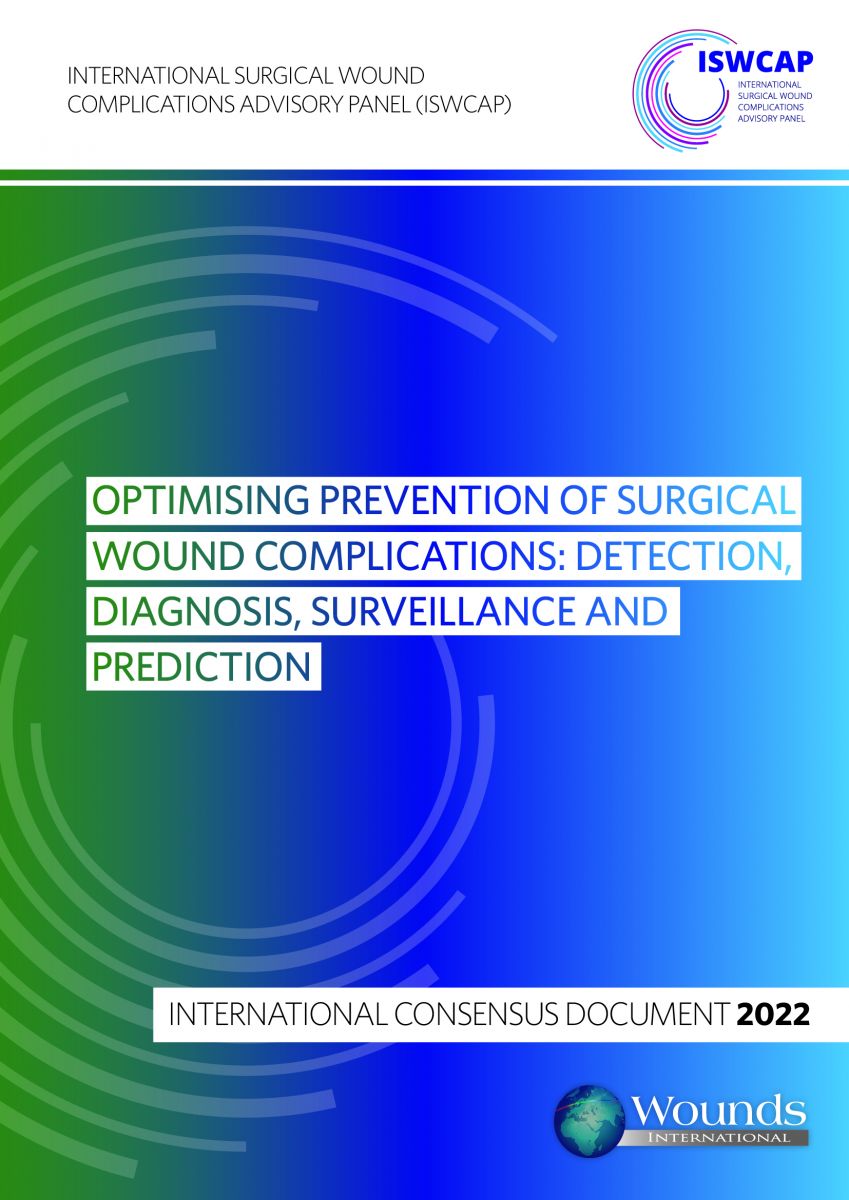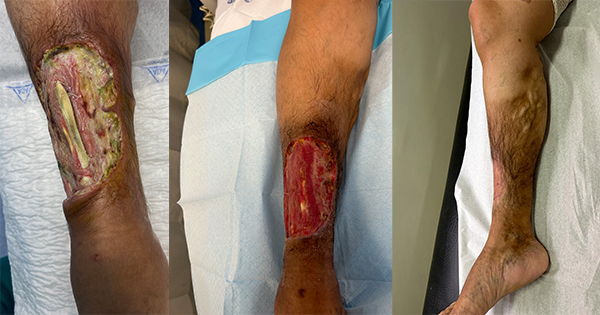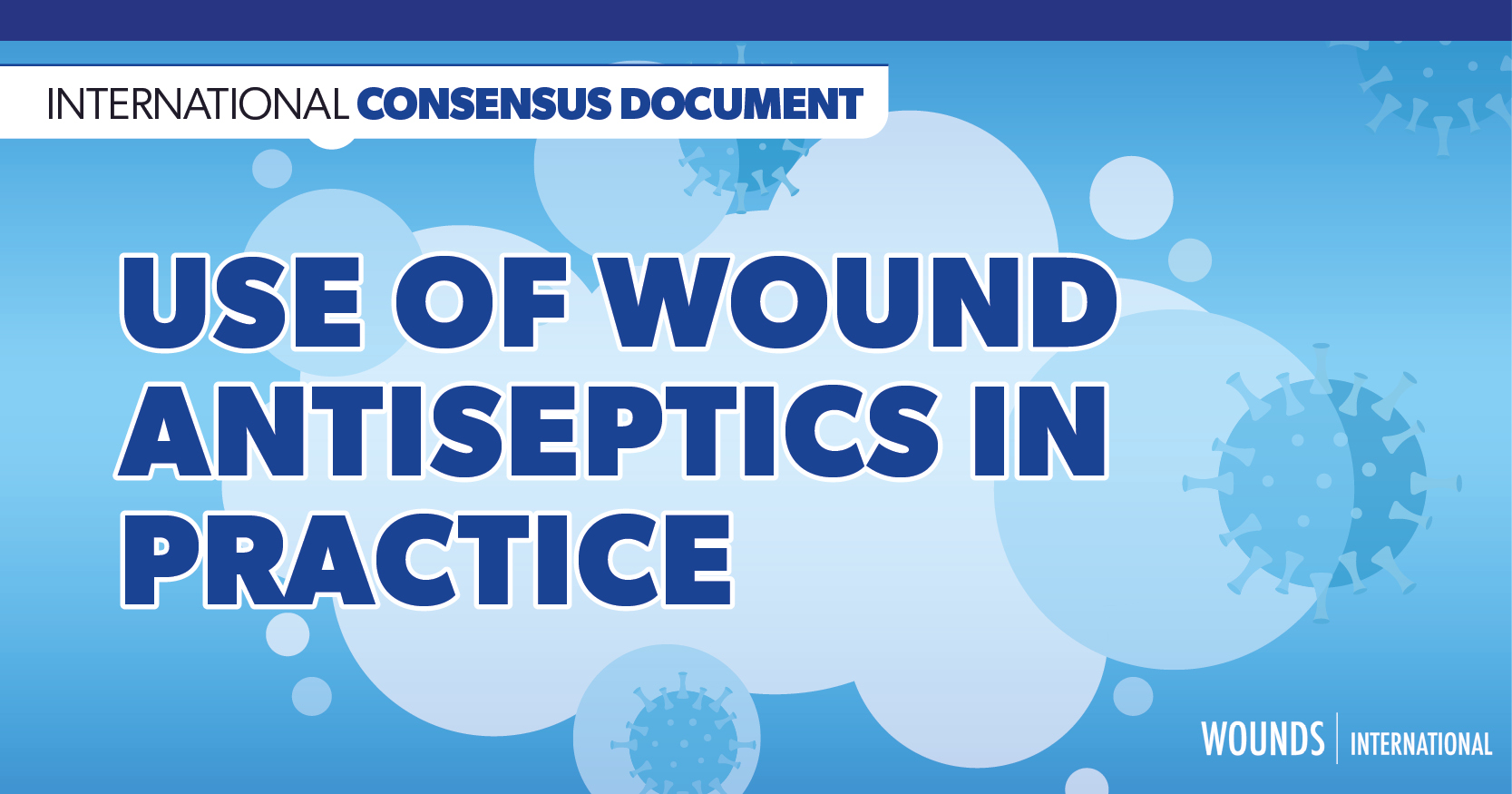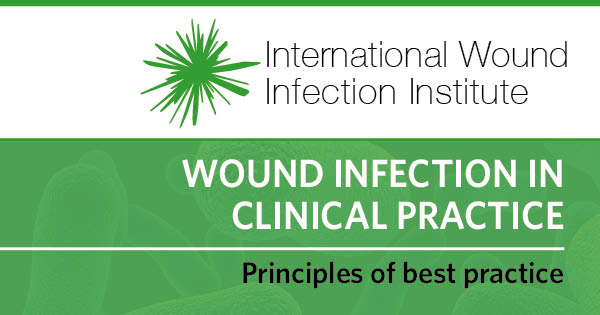While most contemporary surgical procedures are relatively safe, from time to time, complications related to the incisional wound occur. Despite advances in surgical technique, intraoperative technique and a plethora of wound dressings, surgical wound complications such as surgical site infection (SSI) and surgical wound dehiscence have a considerable impact on the patient and the wider healthcare setting. Consequently it is critical to raise awareness and improve early detection, diagnosis and prevention of these unwelcome wound types. Surgical wound complication (SWC) is a term that includes, but is not limited to:
- Surgical wound dehiscence (SWD)
- Hypergranulation
- Peri-wound maceration
- Scarring
- Medical adhesive-related skin injury (MARSI)
- Seroma and haematoma
- SSI (Sandy-Hodgetts et al, 2020).
SWCs remain a significant challenge for clinicians around the globe, representing one of the leading global causes of morbidity following surgery. Evidence suggests that SWCs are the most commonly managed wound type in some clinical care settings (Sandy-Hodgetts et al, 2016; Guest et al, 2018).
The International Surgical Wound Complications Advisory Panel (ISWCAP) has been dedicated to raising awareness on the early detection, predicticion, prevention and management of surgical wound complications since 2017. ISWCAP also serves to provide guidance on preventing and managing all SWCs, moving away from a traditionally narrow focus on SSI. Building on the ISWCAP International Best Practice Recommendations (Sandy-Hodgetts et al, 2020), early detection and prevention is the key area of focus, in order to optimise outcomes and maintain healthcare cost efficiency.
The President of ISWCAP convened a group of experts from Europe, North America, Asia, and the United Arab Emirates for an online meeting in September 2020 to develop this international consensus document, focusing on the early detection, diagnosis and prediction of SWCs, in order to optimise incisional wound healing outcomes for patients. This consensus document aims to:
- Provide an update on the current landscape and potential advances in prevention and management of SWCs
- Clarify the role of diagnostic technology and advanced therapies
- Provide specific guidance for low- and middle-resource countries
- Facilitate use of the WUWHS Sandy Grading System for SWCs in practice
- Provide a self-care pathway/algorithm for patients.
As always, the emphasis is on optimising care for patients, improving quality of life and outcomes. As such, early identification of an SWC may allow for early intervention and halt the escalation of a wound complication to more serious consequences. It is important that all clinicians are aware of the importance of early intervention and how to detect, diagnose and predict development of SWCs, especially SSI and surgical wound dehiscence. This document is live document with links to relevant information and resources for your use.







